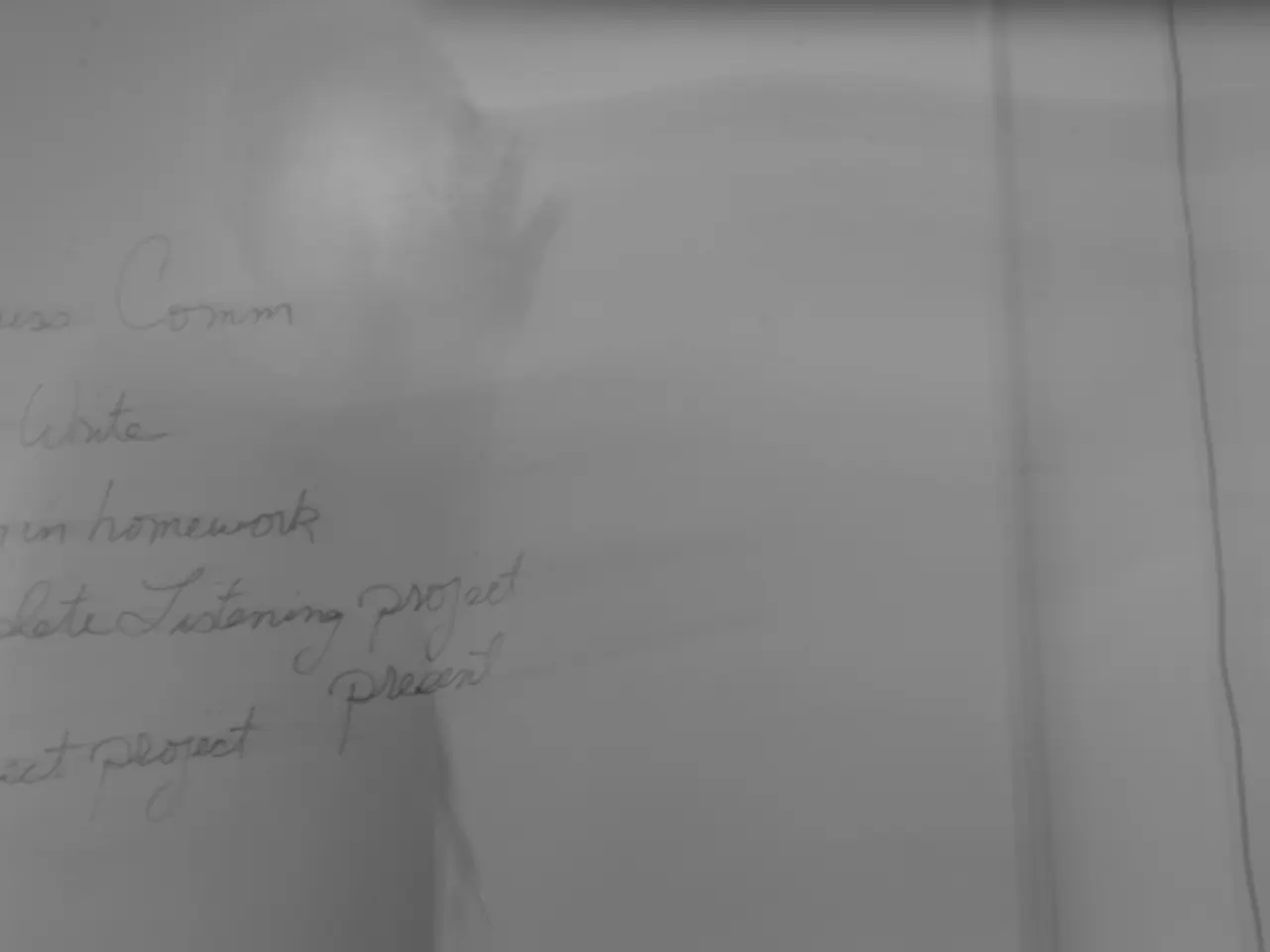Navigating the Complexities of Trust Lawsuits: Essential Ideas and Procedures
In the realm of trust law, recent trends indicate a significant rise in complex, cross-border disputes, mirroring the largest generational transfer of wealth in history [1]. This surge in trust litigation poses challenges for trustees, particularly when dealing with aggrieved beneficiaries in jurisdictions with forced inheritance laws or non-recognition of trusts.
As the legal landscape becomes more intricate, the resolution of these disputes is trending towards technologically enhanced Alternative Dispute Resolution (ADR), emphasizing efficiency, accessibility, and adaptability in a digital environment.
The digital transformation of ADR is evident in the growing emphasis on Online Dispute Resolution (ODR) methods. ODR leverages technology, such as AI tools for case management, secure video conferencing, and blockchain smart contracts, to enable more efficient, cost-effective, and accessible dispute resolution [2]. This shift removes geographical and logistical limitations, allowing for asynchronous and flexible participation, particularly beneficial for disputes arising in sectors affected by rapid digital change.
Leading ADR providers are also integrating advanced technology, including AI-driven tools like automated note-taking, to streamline the resolution process. This technological integration improves the overall user experience and helps overcome challenges posed by court backlogs and high litigation costs [4].
Alternative methods for resolving trust litigation, such as mediation, are often considered when traditional litigation is seen as lengthy, costly, or likely to exacerbate disputes. Mediation fosters a collaborative atmosphere, promoting open dialogue between conflicting parties and encouraging creative solutions tailored to specific circumstances [3].
Regular discussions among family members regarding estate plans and periodic reviews of the trust can help prevent disputes by fostering an open environment and keeping the trust current [5]. Comprehensive estate planning is essential in preventing trust litigation, with clear, unambiguous language in trust documents significantly reducing misunderstandings among beneficiaries.
Attorneys play a crucial role in trust litigation, providing expertise in navigating trust and estates law, ensuring clients understand their rights and obligations, and representing their clients in hearings and trials [6]. The growing acceptance of alternative dispute resolution methods, such as mediation, will potentially reduce the case load in courts, making trust litigation increasingly incorporate mediation as a primary means of resolving conflicts.
Emotionally, trust litigation can strain familial relationships, creating rifts that could last a lifetime and fundamentally altering interpersonal dynamics [1]. Mediation, with its focus on collaboration and open dialogue, can help mitigate these emotional impacts, offering benefits such as confidentiality, cost-effectiveness, and flexibility in scheduling.
In conclusion, the evolving landscape of trust litigation is marked by increasing complexity and volume, especially involving cross-border issues. However, the resolution of such disputes is trending towards technologically enhanced ADR, offering a more efficient, cost-effective, and adaptable approach to resolving conflicts in a digital era.
[1] Source: https://www.forbes.com/sites/forbesfinancecouncil/2021/04/08/the-rise-of-cross-border-trust-litigation-and-how-to-avoid-it/?sh=6f58a91c712c [2] Source: https://www.forbes.com/sites/forbesfinancecouncil/2021/03/23/the-benefits-of-online-dispute-resolution-in-the-legal-profession/?sh=7180372c6b6c [3] Source: https://www.forbes.com/sites/forbesfinancecouncil/2021/03/25/how-mediation-can-help-resolve-trust-litigation/?sh=7180372c6b6c [4] Source: https://www.forbes.com/sites/forbesfinancecouncil/2021/03/26/the-use-of-technology-to-streamline-the-resolution-process-in-alternative-dispute-resolution/?sh=7180372c6b6c [5] Source: https://www.forbes.com/sites/forbesfinancecouncil/2021/03/29/the-importance-of-regular-discussions-and-reviews-to-prevent-trust-litigation/?sh=7180372c6b6c [6] Source: https://www.forbes.com/sites/forbesfinancecouncil/2021/03/31/the-role-of-attorneys-in-trust-litigation/?sh=7180372c6b6c
Financial institutions and wealth managers must prioritize trust law knowledge and legal research as the litigation process surrounding complex, cross-border trust disputes escalates, mirroring the largest generational wealth transfer in history. In this evolving landscape, such institutions must stay informed about advancements in Alternative Dispute Resolution (ADR), particularly Online Dispute Resolution (ODR), to ensure efficient and accessible resolution of disputes in a digital age.




